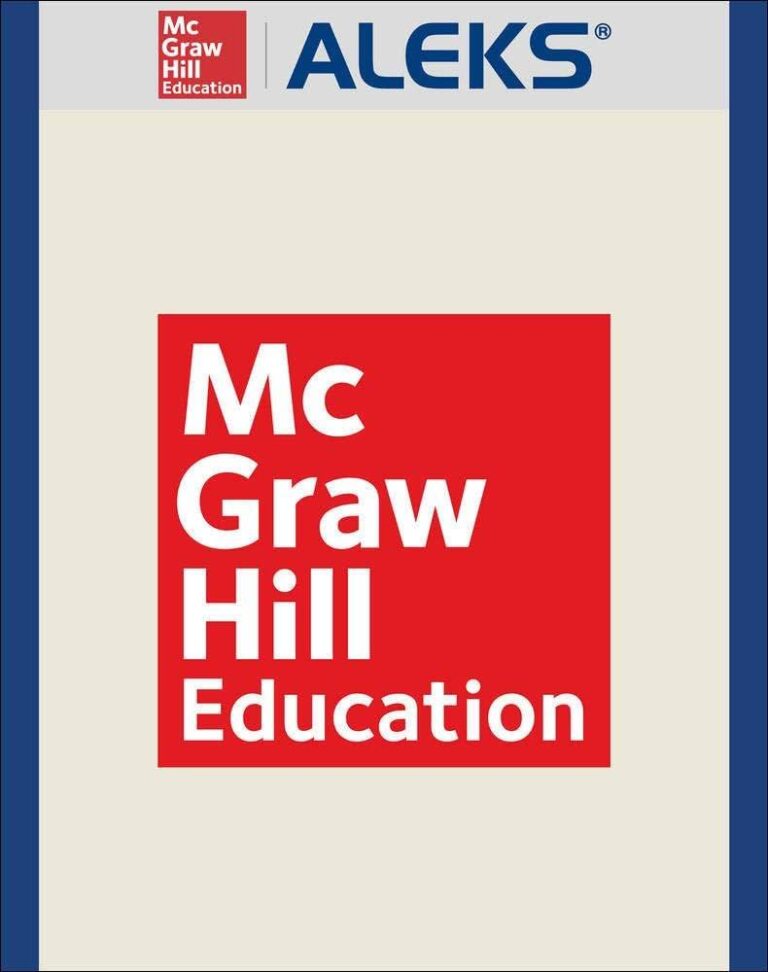Ensuring Equal Access to Algebra: A Civil Rights Imperative for Educational Equity
Algebra as a Crucial Lever to Close Educational Gaps
Access to algebra education is a vital factor in addressing long-standing educational inequities. Far beyond being a mere academic subject, algebra serves as a foundational stepping stone toward advanced STEM disciplines, college preparedness, and improved economic prospects. Unfortunately, schools predominantly serving low-income and minority populations frequently face challenges such as insufficient funding, a shortage of qualified math teachers, and limited availability of rigorous algebra coursework. These obstacles restrict students’ opportunities to develop essential mathematical skills, perpetuating cycles of disadvantage. Closing this divide is not only critical for individual achievement but also a necessary measure to uphold civil rights by guaranteeing every student the chance to master key competencies that open doors to lifelong learning and career success.
Recent studies reveal that students who achieve proficiency in algebra early on are markedly more likely to graduate high school on schedule and pursue four-year college degrees. To effectively combat educational disparities, strategic investments and policy reforms should focus on:
- Enhanced teacher preparation: Expanding professional development programs that emphasize culturally relevant and effective algebra instruction.
- Broader curriculum availability: Implementing inclusive, adaptive algebra programs tailored to underserved districts.
- Community involvement: Building partnerships that encourage family engagement and foster students’ confidence in mathematics.
| Challenge | Effect on Algebra Access | Recommended Strategy |
|---|---|---|
| Teacher Deficits | Scarcity of skilled instructors in marginalized areas | Invest in targeted recruitment and specialized training |
| Resource Inequities | Unequal access to quality textbooks and technology | Allocate funds for statewide curriculum enhancements |
| Socioeconomic Obstacles | Limited family and community support networks | Develop outreach and mentorship initiatives |
Algebra’s Impact on Economic Advancement and Social Mobility
Mastering algebra is a pivotal factor in enabling individuals to climb the socioeconomic ladder. Proficiency in this subject unlocks access to lucrative and stable careers in STEM fields, which are among the fastest-growing sectors in today’s economy. Conversely, students lacking a strong algebra foundation often encounter restricted job prospects, reinforcing existing economic disparities. This educational divide is not simply a matter of academic achievement but a significant civil rights issue, as it directly influences an individual’s capacity to fully engage in the modern workforce.
Consider the following data highlighting the economic benefits linked to algebra competency:
| Algebra Skill Level | Median Annual Earnings | Employment Rate |
|---|---|---|
| Competent | $55,000 | 88% |
| Below Competent | $34,000 | 65% |
- Access to challenging algebra courses is strongly linked to increased college enrollment and graduation rates.
- Communities with limited algebra education face systemic barriers that hinder economic progress.
- Equity-focused education policies must prioritize algebra to foster true equality of opportunity.
Overcoming Structural Obstacles in Mathematics Education
Systemic challenges in math education disproportionately affect students from marginalized backgrounds, limiting their access to quality algebra instruction. These challenges often stem from broader socioeconomic inequalities, with underfunded schools unable to offer advanced coursework necessary for college readiness. Additionally, tracking systems and standardized assessments frequently perpetuate disparities by funneling students of color and those from low-income families into lower-level math classes, curtailing their academic and career prospects.
Addressing these entrenched barriers demands a comprehensive strategy that enhances curriculum quality, improves teacher training, and dismantles institutional biases embedded in educational policies. Effective approaches include:
- Fair funding allocation: Directing resources to schools serving historically underserved populations.
- Culturally responsive curriculum: Designing math courses that resonate with diverse cultural experiences.
- Teacher bias training: Equipping educators to identify and counteract implicit biases in teaching and assessment.
- Policy overhaul: Phasing out rigid tracking systems and broadening access to advanced math classes for all students.
| Barrier | Consequence | Suggested Remedy |
|---|---|---|
| Insufficient Funding | Limited availability of advanced courses | Boost state and federal financial support |
| Tracking Practices | Segregated academic pathways | Adopt flexible grouping models |
| Educator Bias | Unequal encouragement and expectations | Implement bias-awareness professional development |
| Standardized Testing | Restricted access to higher-level math classes | Utilize holistic evaluation criteria |
Strategic Policy Initiatives to Foster Algebra Equity
Guaranteeing fair access to algebra requires deliberate policy interventions that acknowledge the subject’s critical role in shaping academic and career outcomes. Educational authorities must prioritize funding for advanced math programs in underserved areas, ensuring equitable distribution of resources. Policies should also mandate early identification and support for students with potential who currently lack access to challenging coursework, alongside culturally responsive teaching methods that validate diverse learning styles. Furthermore, revising teacher certification standards to include specialized algebra training can empower educators to deliver high-quality instruction universally.
Transparency and accountability are equally vital. Establishing publicly accessible data dashboards that monitor enrollment and achievement in algebra courses by demographic groups can expose systemic inequities and guide targeted interventions. The following framework outlines essential policy components to promote equitable algebra access:
| Policy Component | Expected Outcome |
|---|---|
| Equity-focused funding models | Minimized resource disparities among schools |
| Early acceleration initiatives | Expanded opportunities for talented underrepresented students |
| Ongoing teacher development | Improved quality of algebra instruction |
| Data transparency requirements | Greater accountability and informed policy adjustments |
Conclusion: Algebra Access as a Civil Rights Priority
Expanding algebra access transcends educational reform; it is a fundamental civil rights issue that mirrors broader societal inequities. Guaranteeing that every student, regardless of background, can engage with rigorous math curricula is essential to closing opportunity gaps and advancing equity. As educators and policymakers pursue reforms, the imperative is clear: algebra must be recognized not only as a critical academic milestone but as a vital right that empowers individuals and strengthens communities. Elevating algebra access to the forefront of the civil rights agenda is essential for fostering justice and opportunity in the 21st century.







